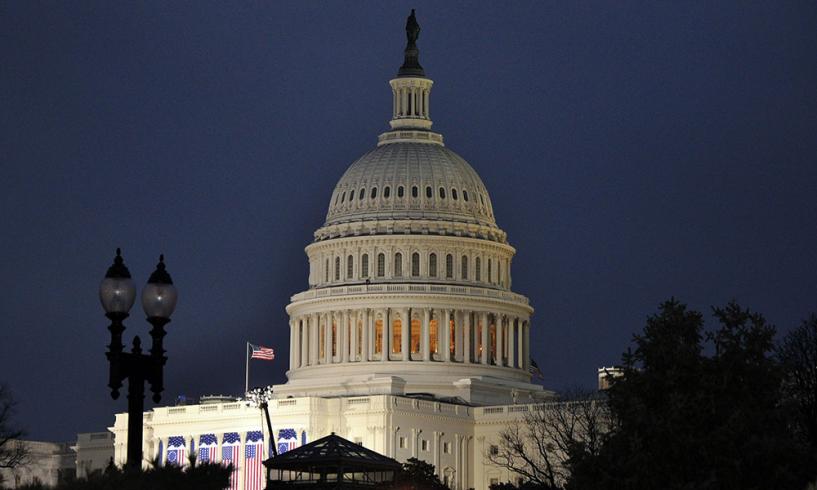The 2016 presidential race was one for the record books. This cycle saw two diametrically opposed candidates, in both style and ideology. They each represented a large segment of the American electorate and wanted to take the country in very different directions. But now it is over, and we can all go back to other endeavors. Right?
Well, not exactly. In fact, some might say it is more incumbent on us to be involved in public policy than ever before. Nurses must be ever-engaged in the legislative and regulatory arenas because they are the most trusted healthcare providers. Patients trust their nurses more than anyone else in the healthcare system.
Nurses’ Opportunity
That kind of reputation is enviable and should not be wasted. As trusted advisors, nurses have an opportunity—nay, an obligation—to make their voice heard in the new administration. Although many old names will be returning to Washington, we will also see fresh faces. Within the first six months of 2017, a Presidential Cabinet will be nominated, agency directors appointed, and commission officers selected. Those people will have enormous regulatory powers to interpret legislative intent. Nurses need to continue to educate and advocate with these new administration leaders, for patients, the profession, and their peers. Real change comes incrementally. But a shift in tone and content can have dramatic effect.
The smart move of President-Elect Trump is to pause and reach out to the other side. Americans are angry, but they are also tired of the heightened partisan gridlock that is blocking real progress. We are looking for leadership. With a new administration comes real challenges but also real opportunities. Both the executive and legislative branches should reflect on the past year and find some common ground for the greater good.
Nursing Priority Issues
Nurses can continue to have influence in public policy. Several healthcare issues are at the top of the roster and require oncology nurses’ expertise.
- Cancer Moonshot Initiative: funding for cancer cures and treatment that usually would take more than a decade to be completed in the next five years
- 21st Century Cures: a bipartisan bill for biomedical research, including high-risk, high-reward research and research conducted by early stage investigators
- Prescription Drug Pricing: legislative oversight to increase transparency on pricing and regulatory reforms to reduce the cost of generic drug approval for patients
ONS will continue to promote issues of access and affordability for patients with cancer. Our members will discuss the need for Title VIII funding opportunities so they can practice to the full extent of their education and training. And oncology nurses will explain treatments and cures to decision makers who control the federal government but are moved by personal experiences with cancer.
Nurses are advocates by personality as well as by training. It takes a certain kind of person to be a nurse. That kind of commitment is extremely necessary, now more than ever, to the larger community. Nurses are healers and understand the entire healthcare system, and that is why it’s essential to use that experience and help heal a great fracture in the American spirit.
Join ONS’s effort in speaking truth to power, and have a part in the new administration’s understanding of the role of nurses in health care.






